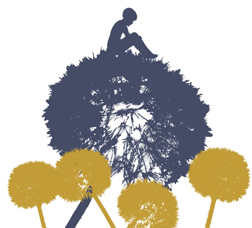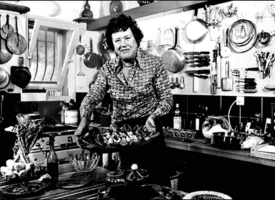 A theme conveys a similar comparison to the story that the framework conveys to the completed structure. It conveys the fundamental idea, the trigger of the story, and the fact or purpose upon which you base the plot. It gets its necessary kindle of life from countless concepts of life, odd and suggestive incidents, unusual characters, human desires, and so on.
A theme conveys a similar comparison to the story that the framework conveys to the completed structure. It conveys the fundamental idea, the trigger of the story, and the fact or purpose upon which you base the plot. It gets its necessary kindle of life from countless concepts of life, odd and suggestive incidents, unusual characters, human desires, and so on.
The theme that you develop is an important element to amaze your reader right away. You have to establish the main idea as remarkably and indicatively as possible. When you decide what phase of life you want to portray in your story, plan what type of story you are about to write. You can base your story on character, setting, incident, emotion and/or idea.
1) Stories Based on Character
All stories are character-driven. Some writers base their stories on the study of an odd character that they sense will be compelling and deserving of portrayal. All stories that you characterize are stories of character. For example, a story about a child who must decide on the affection of his mother and the reverence of his father creates emotions of loyalty, denial and suspense. The story’s theme is a study or characterization of the child.
Many of William Hurt’s writings are based on character. In one of his writings, the center of the paper stage is held by a man who struggles turbulently with nature and her raging elements. Edgar Allan Poe’s story, “The Coward,” is one of character. The story’s movement reveals the latent fearfulness of the main character. At the start of the action, he is brave and confident; at the crux of the climax he has lost his composure and falls victim to an opponent’s bullet.
2) Stories Based on Incidents
Incident follows character. Characters must act, engage and converse—the more interesting and agonizing the better the outcome. Stories of incident are stories of adventure. The writer infuses his story with thrilling, exciting, river-rushing action. In these stories, the characters are subservient to event; we desire that the hero be fearless and creative, and the heroine beautiful and adorable. Main characters will conflict with other characters in the story of incident. We are not really curious about how situation, sentiment, and circumstances influence the hero’s and heroine’s nature. We are more interested in how our main characters will free themselves from some entreating threat.
We can find many themes of adventure from the classics (which you can read online for free). Examples are: “Arabian Nights,” “Robinson Crusoe,” Merimee’s “Taking of the Redoubt,” together with Scott’s, Dumas’, and a number of Stevenson’s writings, “Treasure Island,” for instance. In all of these productions, we think not largely of the characters who carry along the action, but of the strange, enthralling mazes in which they become involved.
3) Stories Based on Setting
Next come stories of setting. We place the greatest emphasis on the background, the tone, the time, the place, or the conditions of the story. Let’s suppose I want to write a story in which some element of nature—the stormy sea or the dangerous high-peaked mountains—has an overpowering impact on a person’s life; or I might decide to write about a bizarre and mystical building for a supernatural tale, as Poe did in “The Fall of the House of Usher.” The mystical surroundings of a house offered Poe his theme. His next difficulty was to create incidents transpiring in or close to the house to produce a supernatural effect.
Conditions will ordinarily motivate characters to act and react to their surroundings, or wherever you place them. If I put myself in a sunny meadow of blossoms and butterflies, I am likely to feel optimistic, and behave the opposite if I placed myself at a busy airport the day before Christmas. The challenges of setting are boundless.
4) Stories Based on Emotion
Next in order comes the story of emotion. You can base your story on some terrific enthusiasm or disturbance of the soul—such as love, fright, dislike, accountability, or beliefs. In many stories love dominates; or we might have a story based on a soldier’s duty to his country; on an envious spouse or lover. A true story of emotion is one where character, event, and location arouses the emotions in the soul of the reader.
5) Stories Based on Ideas
Lastly comes the story of idea, usually reflecting the author’s concepts of life. Most of us in life encounter injustices, observe the harshness of human dynamics, and misfortunes involving people. You can interweave these observations into the structure of your story. Stories dependant on concepts are limitless; they include ideas of life, either comical or heartbreaking.
The very best themes concentrate on the basic feelings and interests of human existence, those which clutch an Eskimo in the far North or stroke a sensitive chord
in the jugular of a dark-skinned Arab. Stories driven by basic concepts, such as terror or love, live the longest in your readers’ minds.



